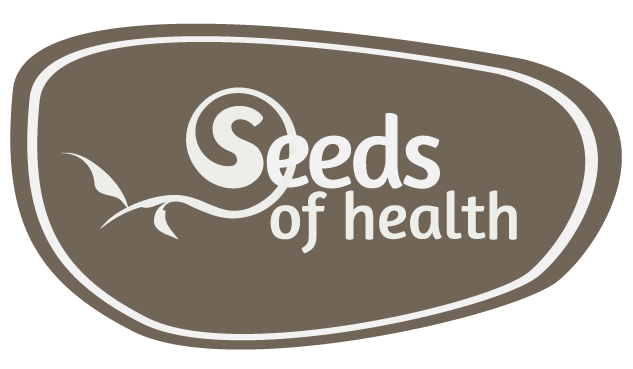Tricia Hart – Slow Fashion
Bio:
Tricia currently lectures in fashion studies and professional practice at TAFE Queensland and University of Canberra. Her career in fashion began with bridal design. From there she moved to retail management and buying before operating her own boutique. She also runs a creative industry with her partner which specialises in colonial and contemporary Australian history and culture. Tricia's research areas include sustainable and ethical fashion in particular critical analysis of imagery associated with ethical fashion. She has presented at conferences in India and Japan and led study tours to India and Japan.
Key points:
· Works at TAFE as a Fashion Teacher/Educator with a passion for sustainability.
· Also lecturers at the University of Canberra in Creative Industries.
· Grew up in a household where she was encouraged to be thrifty, plus have respect for nature & the environment - the key principles of ethical & sustainable fashion.
. Jeans washed or not washed in 2 separate experiments over a 3 month period showed no difference in bacteria build up.
· How does sustainability & ethics exist together? Ethical fashion must be sustainable – people & animals are part of the planet. How do we navigate the overwhelm?
· The supply chain in the fashion industry is complex – for example…where is the fibre grown & the material made?
· If we all wore clothing with natural dyes there would not be enough land left to grow edible crops – which provides an interesting consideration for natural alternatives. Clothes made off shore are cheaper which creates overconsumption.
· Retailers normally buy more clothing than they can sell – which encourages over consumption.
· Excess stock when not sold is then sold at a reduced price & then sadly dumped if not sold.
· The laundering process of a garment is among the most damaging to our environment. Nano particles/micro fibres end up in our waterways when synthetic fabric is washed. These have been found in honey & the ice cores in the Arctic circle! This of course enters our food chain.
· The term 'Fashion' – means change. How does one navigate slow fashion or 'ethical' fashion with change as its pivot? Perhaps reflect on what your non negotiable values are to guide your choices.
· How does the fashion industry promote & value 'change'? The fashion industry is the 3rd most wasteful industry.
· Blended fabrics or fibre blends – poly cotton - can’t be separated & therefore recycled, so consider this in your choice.
. If wearing synthetic fabrics wash it less & not on a gentle cycle.
. Think before you buy. Buy natural. Buy ethical. Become more aware of the supply chain - do your research (Good On You app, Ethical Clothing Australia website, Baptist World Aid website).
· Green washing – many brands just promote an aspect of their making & not the whole process of that garment.
· Being true to our own values is important.
· Vegan leather is now able to be made out of pineapple fibres, rather than from plastics.
. Clothes swaps are a great way to REUSE clothing items. In SUMMARY: Value what you have. Buy less. When you do make a purchase do your research. Buy quality - it lasts longer. Make sure it fits (an overlooked area of sustainability). Spot clean.
Resources (Books/Websites):
Fashion Revolution
Textile Beat
Ethical Clothing Australia
Baptist World Aid Fashion Report
Documentaries:
The story of stuff
The true cost
River Blue
Blood sweat and t-shirts
Mrs Press
